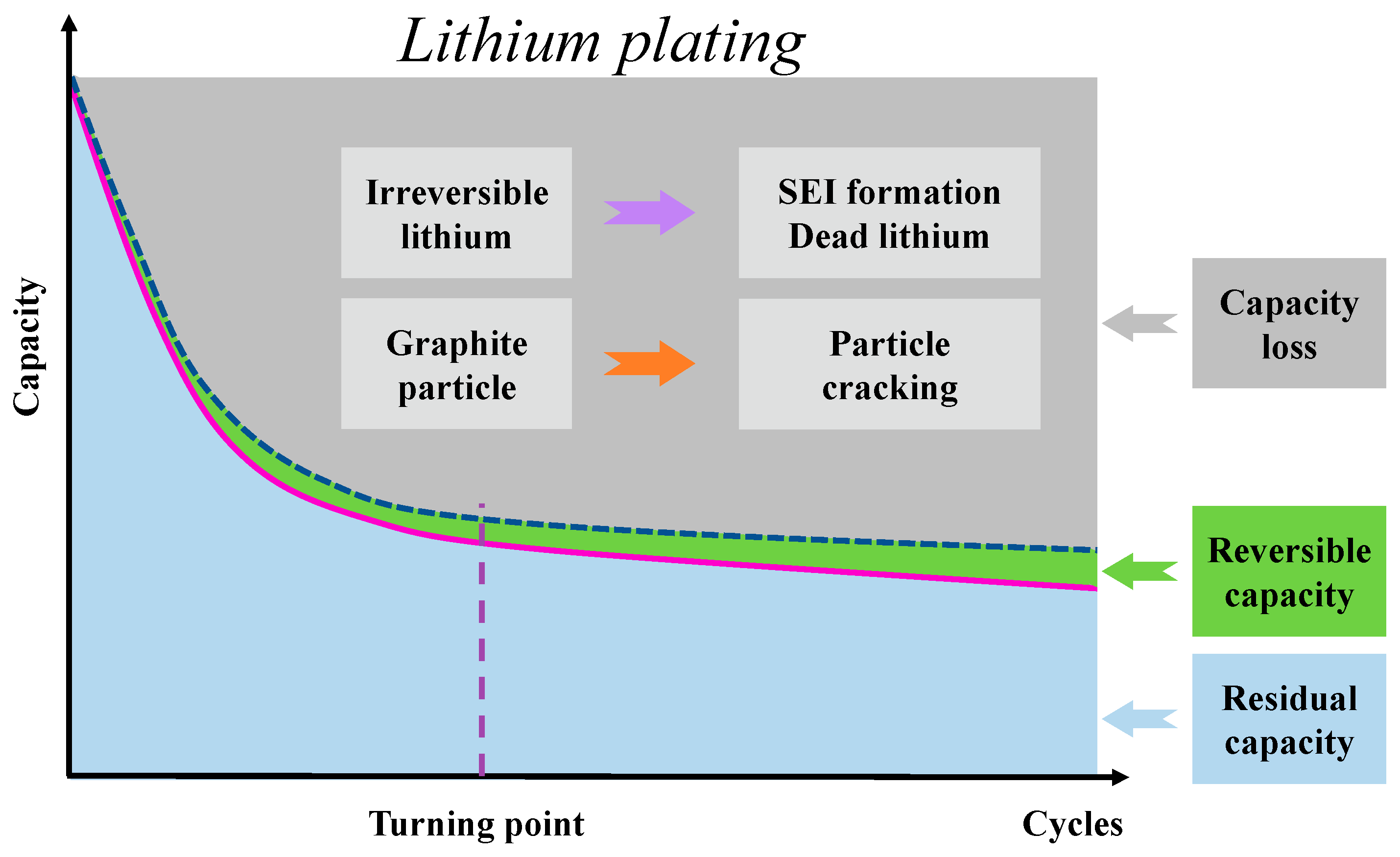Lithium-ion batteries have become ubiquitous in modern technology, powering everything from smartphones to electric vehicles. Their lightweight, high energy density, and rechargeability make them an ideal choice for portable electronics and electric vehicles. However, one question that often arises is whether lithium-ion batteries can freeze, and if so, what are the implications? In this article, we will delve into the intricate relationship between temperature and lithium-ion battery performance, exploring the potential consequences of extreme temperatures on these essential power sources.
Understanding Lithium-Ion Batteries
Lithium-ion batteries consist of several key components, including electrodes, electrolytes, and separators. During operation, lithium ions move between the electrodes through the electrolyte, facilitating the flow of electrical current. This process allows the battery to store and release energy efficiently. The composition and structure of lithium-ion batteries play a crucial role in their functionality, determining factors such as energy density, cycle life, and safety.
Temperature Sensitivity of Lithium-Ion Batteries
Temperature has a significant impact on the performance and lifespan of lithium-ion batteries. While these batteries operate within a certain temperature range, extreme temperatures can impair their function and lead to irreversible damage. Ideally, lithium-ion batteries perform best at moderate temperatures, typically between 15°C to 25°C (59°F to 77°F). Outside of this range, both hot and cold temperatures can affect battery performance, efficiency, and safety.
Can Lithium-Ion Batteries Freeze?
The freezing point of the electrolyte inside lithium-ion batteries is a critical factor in determining whether they can freeze. Most lithium-ion batteries utilize a liquid electrolyte solution, which can indeed freeze under certain conditions. The freezing point of the electrolyte depends on its composition, with typical lithium-ion battery electrolytes freezing at temperatures below 0°C (32°F). When a lithium-ion battery freezes, the expansion of the frozen electrolyte can cause physical damage to the battery cells, leading to leaks, ruptures, and potential safety hazards. Click here to learn more about how extreme temperatures can affect lithium-ion batteries and the phenomenon of freeze batteries.
Strategies to Prevent Freezing of Lithium-Ion Batteries
To mitigate the risk of freezing, engineers employ various strategies to protect lithium-ion batteries from extreme temperatures. One common approach is to incorporate thermal management systems into devices housing lithium-ion batteries. These systems regulate the temperature of the battery, ensuring it remains within the optimal operating range. Additionally, manufacturers may use insulation materials to shield batteries from external temperature fluctuations. For users, storing devices with lithium-ion batteries in temperature-controlled environments can help prevent freezing damage.
Real-World Implications and Case Studies
Instances of lithium-ion batteries being exposed to freezing temperatures have occurred in various real-world scenarios. For example, electric vehicle owners in cold climates may encounter issues with battery performance and range during winter months. Similarly, outdoor enthusiasts relying on electronic devices in sub-zero temperatures may experience reduced battery life or failure. In extreme cases, such as prolonged exposure to extremely cold conditions, lithium-ion batteries can sustain irreparable damage, necessitating replacement or repair.
Future Developments and Research Directions
Researchers are actively exploring ways to improve the temperature resilience of lithium-ion batteries. Novel electrolyte formulations and electrode materials are being developed to enhance battery performance in extreme conditions. Additionally, advancements in battery management systems and thermal regulation technologies aim to optimize the operation of lithium-ion batteries across a wide range of temperatures. These innovations hold promise for the future of energy storage and portable electronics, enabling greater reliability and versatility in diverse environments.
Conclusion
The impact of temperature on lithium-ion battery performance underscores the importance of understanding and managing temperature-related challenges. While lithium-ion batteries can indeed freeze under certain conditions, proactive measures can help mitigate the risks associated with extreme temperatures. By incorporating thermal management systems, insulation techniques, and advanced materials, manufacturers can enhance the resilience of lithium-ion batteries to temperature fluctuations. Ultimately, continued research and innovation in battery technology will drive progress towards more robust and reliable energy storage solutions for the future.





